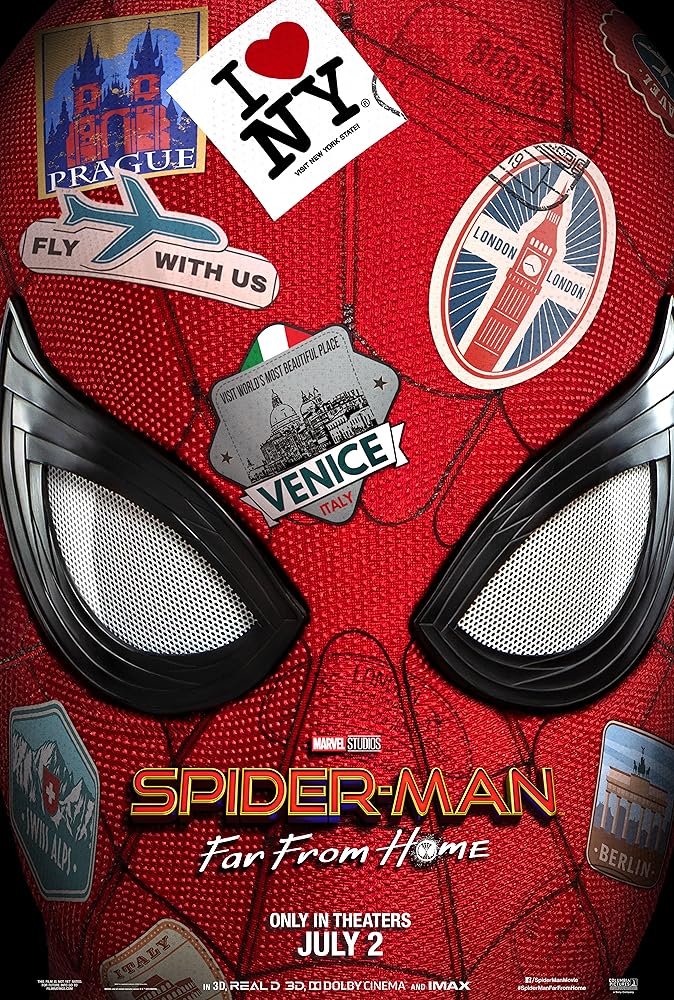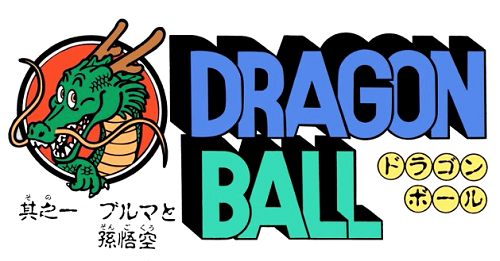While normally with these retrospectives (such as
History of Aladdin and the
Fullmetal Alchemist retrospectives), I would look at each piece of media in order of their release. However with this look at
Dragon Ball, I will be going out of order and start with what is widely considered the "most popular" series in the franchise. Additionally, 2019 also happens to be the thirtieth anniversary of
Dragon Ball Z's debut on Japanese television; western audiences would have to wait almost a decade before receiving this influential anime.
Dragon Ball Z, like its predecessor, focuses on the adventures of Son Goku; however, it focuses purely on his adult years, five years after defeating Piccolo Jr. in the 23rd World Martial Arts Tournament. At this point in his life, Goku is now married with a young child named Son Gohan, the latter being the secondary protagonist and the character with the most development in this series (he also happens to be my favorite character in
Dragon Ball as a whole, simply because I could relate to Gohan in some ways). However, his life would soon take a drastic turn with a shocking revelation from a man revealed to be his brother; he is not of the planet Earth, but a Saiyan from a destroyed planet named
Vegeta. He was sent to Earth as an infant to conquer it, but due to suffering a head injury from falling into a ravine, he forgot his initial mission. Additionally, we learn of Goku's birth name, Kakarot. (Toriyama, were you reading
Superman comics when writing this backstory? This seems eerily similar to the story of Kal-El.) In an attempt to recruit Goku in rejoining the few remaining Saiyans, his older brother Raditz kidnaps young Gohan. Desperately outmatched, Goku teams up with another enemy, the aforementioned Piccolo Jr (whom we will refer to as "Piccolo" for the remainder of this post and the one detailing the Buu arc) to defeat Raditz and rescue Gohan.
The battle against Raditz is one of my favorite moments in this series, because it shows how far Goku is willing to go in regard to saving the planet and his loved ones; even if it means literally sacrificing himself. Upon defeating Raditz and sacrificing himself to save Gohan, the viewer is left with another shocking revelation, two Saiyans more powerful than Raditz are on their way. Goku's friends decide to revive him with the Dragonballs (seven magical orbs that can grant any wish, for those uninformed) closer to their arrival; meanwhile, Gohan is kidnapped once again (poor kid) by Piccolo in order to train him to fight. Goku decides to make the journey to a being known as King Kai to prepare himself as well, learning two techniques in the process; a power-enhancement move known as the Kaioken, and a last-resort known as the Spirit Bomb. Goku may have been born a Saiyan, but it does not mean he has to follow their lifestyle of being ruthless warriors; this is prominently shown during his battle against the Saiyan prince, Vegeta and his lackey, Nappa. While the Saiyan arc is one of my favorite parts of
Dragon Ball Z, it unforunately transitions to my least favorite part... the Namek/Frieza arc...
I understand the Namek storyline is a favorite amongst
Dragonball fans, it was not the case for me; when I was watching even the
Kai version for this post, it was an absolute pain to get through purely because of the story's agonizing pacing. While
Kai's improved pacing made digesting this storyline much easier, it still felt like it dragged on endlessly. I could NOT WAIT until Goku's final confrontation with Frieza, so I did not have to stomach any more adventures on Namek. Backing up a bit for context, Gohan and Goku's friends Krillin and Bulma travel to Piccolo's homeworld of Namek. Their mission? Find the Namekian Dragonballs and revive those who fell in the battle with the Saiyans, including Piccolo himself. While on Namek, they encounter Vegeta's superior, Frieza, and his army. Additionally, they befriend a small Namekian boy named Dende, who would later become a prominent fixture in
Dragonball moving forward. While I understand the importance of the Namek storyline, I felt there could have been a few moments that should have been cut in order to speed things up. Most notably, the moments of Vegeta doing absolutely nothing while waiting for something to occur, and much of the unnecessary filler involving Bulma. Matter of fact, Bulma as a whole in this arc was not necessary. They could have replaced her with any other character and it would have not made a difference. Her only purpose in this storyline is to inform Gohan and Krillin that Goku is slowly approaching Namek, and that is it. Other than that, she does absolutely nothing at all aside from moping and whining. I understand I am being harsh on this part of the story, but there are actually some moments I enjoy. I enjoyed the battles with Frieza himself, especially the final confrontation in which we learn Goku is a legendary warrior known as a "Super Saiyan". I believe this is one of the moments where Goku swallows his pride and embraces his heritage as both a Saiyan and a citizen of Earth (he also gives a beautiful speech to
Frieza in the process, click on "Frieza" in this sentence to watch
TotallyNotMark's video about it on
YouTube). After the Namek arc thankfully ends, peace returns to Earth as we transition into the Android/Cell storyline... or does it?
Picking up a year and a half after the events of Namek, Goku and his friends are given a warning by a mysterious youth from the future; three years from then, a pair of Androids created by a man named Dr. Gero will appear. In the future boy's timeline, everyone is defeated by them and Son Goku dies of a heart virus prior to their activation. We also learn this boy is the future son of Bulma and Vegeta, named Trunks. The latter is a human/Saiyan hybrid like Gohan, born a year before said androids are said to make their debut. However, due to Trunks attempting to prevent the same fates that occurred in his timeline, he inadvertently causes a series of drastic changes; for starters, the pair of androids the Z Warriors initially confront are not the same ones Trunks warned them about. Matter of fact, one of them is actually Dr. Gero himself, whom converted himself into an android for the sole purpose of defeating Goku and as a result of his lust for power. The entities Trunks warned about do later make an appearance (known as Androids 17 and 18), along with a third being in their group, Android 16. The latter three later become entangled in part of a much larger plot, when a being from the future known as Cell appears. (Why do I have this feeling that Toriyama was heavily inspired by James Cameron's
Terminator franchise?) Cell, like Androids 16, 17, and 18, was created by Gero to destroy Goku. However, he has another motive in mind; absorbing 17 and 18 to achieve his perfect form. This arc overall marks the culmination of many characters' development, such as Gohan, Piccolo, Krillin, and even Goku himself. It also happens to be my favorite storyline overall, with many of my favorite moments in the franchise such as Gohan finally overcoming his pacifism and pushing his own limits, and another moment where Goku makes a noble sacrifice to protect those around him (even though he ended up angering King Kai in the process). This arc is really where we see Gohan coming into his own as a character, and manages to push his own boundaries by defeating Cell with one massive Kamehameha. If
Dragonball Z ended here, I think it would have been a perfect sendoff because it tied up many loose ends throughout this series and its predecessor. However, editorial interference demanded that Toriyama create one more story arc... one that proves to be a controversial one because it undoes much of the character development throughout this part of the series, and simply acts as a dragged-out epilogue. I will discuss the Majin Buu storyline next time, since it would make the pacing of this post worse than the original run of
DBZ (I am also not done watching the Buu arc anyway, as I am currently going through the
Final Chapters of
Kai).
If you are interested in watching this part of the story in particular, I would highly recommend watching
Dragonball Z Kai as opposed to the original
Z. Kai's pacing is so much faster, and you get a sense of the story that is more faithful to creator Akira Toriyama's original vision. However, if you like the longer, dragged-out battles, and the copious amounts of filler, then check out the original
Dragonball Z. Additionally, if you want a version that has quick pacing and makes fun of the series' absurdity, then check out TeamFourStar's
Dragonball Z Abridged.
What
Dragon Ball related topics would you like to see me discuss? Would you like to see me talk about
DBZ Abridged? Let me know in the comments below, and be sure to like and follow for future updates from
Reviews and Retrospectives.




_poster.jpg)




